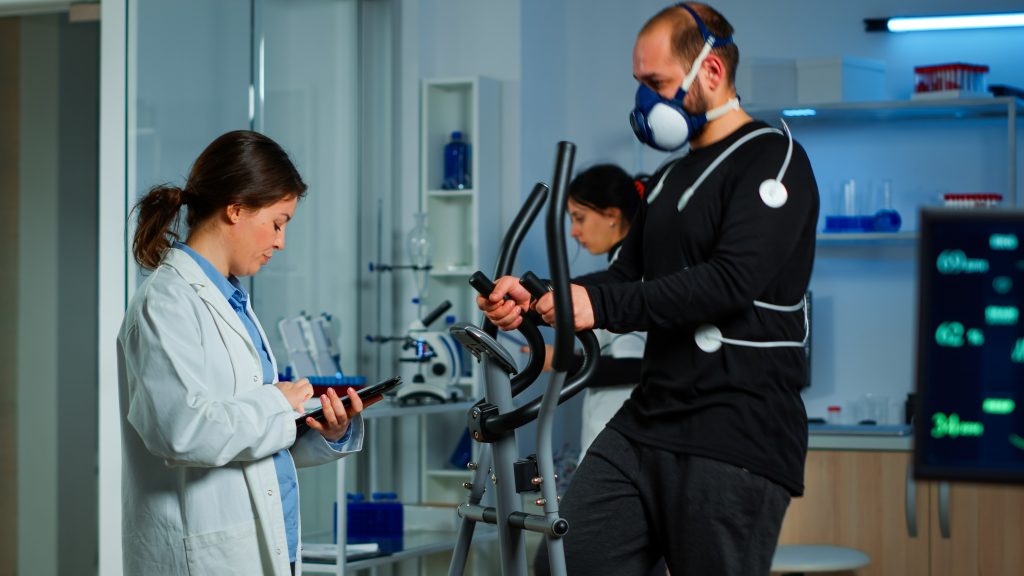A medical specialty focused on improving the functional abilities and quality of life of individuals with disabilities and musculoskeletal conditions. In this guide, we will explore the key principles and services offered by PM&R specialists.

What is Physical Medicine and Rehabilitation (PM&R)?
Physical Medicine and Rehabilitation, often referred to as physiatry, is a medical specialty that emphasizes the restoration of function and improvement of quality of life for individuals with a wide range of conditions, including musculoskeletal injuries, neurological disorders, and disabilities resulting from various causes.
Key Principles of PM&R:
Holistic Approach: PM&R specialists take a holistic view of the patient, considering not only their medical condition but also their psychological, social, and environmental factors that impact their function and well-being.
Functional Improvement: The primary goal is to enhance a patient’s functional abilities, enabling them to perform daily activities and participate fully in life.
Non-Surgical and Multidisciplinary: PM&R often employs non-surgical approaches and collaborates with a multidisciplinary team, including physical therapists, occupational therapists, speech therapists, and others.
Patient-Centered Care: Treatment plans are tailored to the individual patient’s needs, goals, and preferences.
Common Conditions Treated by PM&R Specialists:
- Musculoskeletal injuries (e.g., fractures, sprains, and strains)
- Stroke
- Spinal cord injuries
- Traumatic brain injuries
- Neuromuscular disorders (e.g., multiple sclerosis, ALS)
- Arthritis
- Amputations
- Chronic pain conditions
- Sports-related injuries
- Pediatric rehabilitation
Comprehensive PM&R Services:
Physical Therapy: PM&R specialists often work closely with physical therapists to develop exercise and rehabilitation programs tailored to the patient’s needs.
Occupational Therapy: Occupational therapists assist patients in regaining independence in daily activities such as self-care and work-related tasks.
Pain Management: PM&R specialists employ a variety of techniques, including medications, injections, and physical modalities, to manage and reduce chronic pain.
Assistive Devices: They prescribe and provide assistive devices such as braces, wheelchairs, and prosthetics to improve mobility and function.
Electrodiagnostic Testing: Nerve conduction studies and electromyography (EMG) can help diagnose and manage neuromuscular conditions.
Spasticity Management: Treatments like botulinum toxin injections and intrathecal baclofen therapy can manage spasticity in conditions like cerebral palsy.
Benefits of PM&R Services:
- Enhanced Function: PM&R helps patients regain or improve their ability to perform daily activities.
- Pain Relief: Management of chronic pain conditions can lead to improved comfort and quality of life.
- Personalized Care: Treatment plans are customized to each patient’s unique needs and goals.
- Multidisciplinary Approach: Collaboration with a team of specialists ensures comprehensive care.
Physical Medicine and Rehabilitation is dedicated to enhancing the functional abilities and quality of life of individuals with various medical conditions and disabilities. Whether you are recovering from an injury, managing a chronic condition, or seeking to improve your overall well-being, PM&R specialists are committed to providing patient-centered care and supporting your journey toward optimal function and independence.
If you or a loved one are facing functional challenges due to a medical condition or injury, consulting with a PM&R specialist can be a transformative step toward regaining independence and improving your quality of life.



